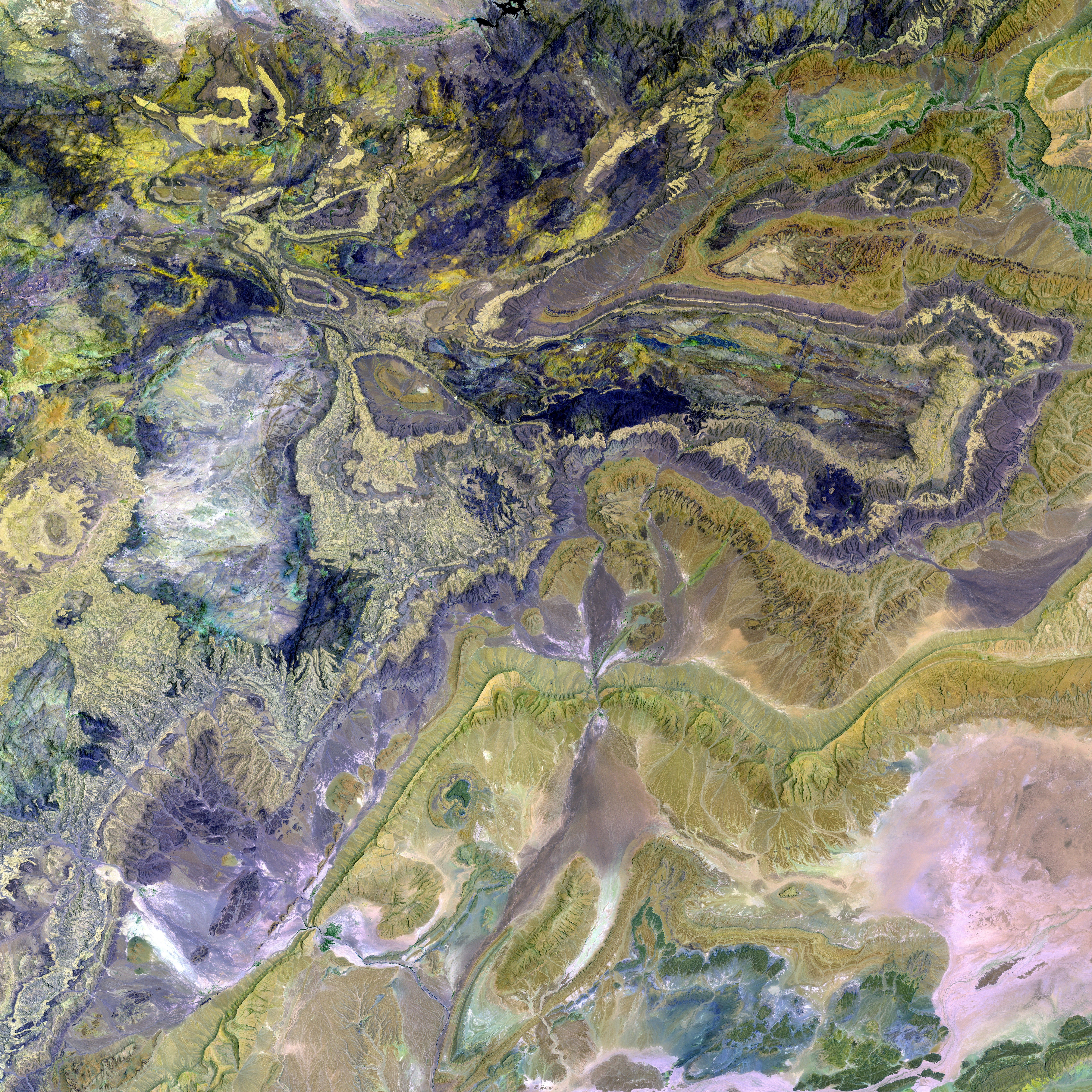Judge mandates the liberation of Columbia student Mohsen Mahdawi
HOST:
Yesterday, you heard from an imprisoned student at Columbia University, detained for his support of Palestinian rights during the Gaza War. The government accused Mohsen Mahdawi - a resident of Vermont - of promoting antisemitism, which he and his attorneys deny. In a Vermont prison, he told me this.
MOHSEN MAHDAWI: When I pledged allegiance to the United States, I vowed to protect and uphold the Constitution. And here, I'm exercising my constitutional rights, not inciting destruction or violence towards anyone. I'm calling for peace, no war, and a safe life for all children, free from fear and trauma.
HOST: Today, Mahdawi walks free. A federal judge in Vermont, reviewing his petition alleging government officials violated his First Amendment freedom of speech and right to due process, granted his release while this case continues. Joining me now to talk about this is NPR’s Sergio Martínez-Beltrán, who's been following the story. Good morning, Sergio.
SERGIO MARTÍNEZ-BELTRÁN: Good morning.
HOST: So, we've just heard what Mahdawi said in prison. Now he's a free man, still at risk of being deported. What did the judge rule, and did we hear from him outside the prison?
MARTÍNEZ-BELTRÁN: Yes. Judge Geoffrey Crawford, in his ruling, stated Mahdawi's detention, for two weeks, had caused grave harm to someone charged with no crime. Thus, he ordered his immediate release. In front of a crowd of supporters, Mahdawi held up the peace sign and said this:
(SOUNDBITE OF ARCHIVED RECORDING)
MAHDAWI: This sends a powerful message, not just to Vermonters, but to the entire nation. We, the people, will defend the Constitution and its principles.
HOST: Now, as you mentioned, Mahdawi was not charged with a crime, but the federal government is trying to deport him. What conditions of his release were set?
MARTÍNEZ-BELTRÁN: He is required to reside within Vermont, attend college remotely, and may travel to New York City for in-person schooling and legal meetings with his attorneys.
HOST: He is the first of several students targeted by the Trump administration for pro-Palestinian activism in the midst of the Gaza War. What are Mahdawi's lawyers saying about this case and its implications?
MARTÍNEZ-BELTRÁN: They applaud the judge's decision and reaffirm that the accusations against their client are false. They also hint at more legal battles ahead as they aim to secure permanent protection from deportation.
HOST: This is a federal court case over free speech and due process rights. Separately, there are immigration proceedings. Any word from the federal government regarding this case?
MARTÍNEZ-BELTRÁN: Not yet, but it's worth noting the administration has defended the detentions, stating that Mahdawi's activism undermines their efforts against antisemitism. However, Mahdawi addressed the administration in these words:
(SOUNDBITE OF ARCHIVED RECORDING)
MAHDAWI: And to President Trump and his cabinet, I stand tall before you, not afraid of you...
FADEL: NPR’s Sergio Martínez-Beltrán, thanks.
MARTÍNEZ-BELTRÁN: You're welcome. Transcript provided by NPR, Copyright NPR.
NPR transcripts are created on a rush deadline by an NPR contractor. This text may not be in its final form and may be updated or revised in the future. Accuracy and availability may vary.
Enrichment Data:Overall:
The Current Status of Mohsen Mahdawi: Detention, Legal Proceedings, and Support
Detention: Background and Conditions
- Background: Mahdawi, a Columbia University student, was detained by ICE on April 14th, shortly after a naturalization interview, suspected of advocating for Palestinian rights.[1][3]
Legal Proceedings: Habeas Petition and Ongoing Court Battles
- Habeas Petition: Mahdawi's legal team, including the ACLU, filed a habeas petition in an attempt to terminate his detention on April 22nd, alleging violations of his constitutional rights to free speech and due process.[3]
- April 30th Hearing: Oral arguments concluded on April 30th, and Judge Crawford ruled in Mahdawi’s favor, granting his release on bail.[3]
Key Statements and Positions: Defending First Amendment Rights
- Judge's Ruling: Judge Crawford highlighted that detaining those who voice political opinions, as was the case with Mahdawi, echoed historical episodes of political suppression.[3]
- Government Response: The Department of Homeland Security vowed to continue enforcing immigration laws when asked about Judge Crawford's decision.[2]
- Advocacy and Support: Public support for Mahdawi's case remained strong, with attorneys rallying behind their client's fight to defend freedom of speech and challenge the government's actions.[1][2]
- The government's accusations against Mohsen Mahdawi, a student from Vermont, of promoting antisemitism were disputed by him and his attorneys.
- After a federal judge in Vermont reviewed Mahdawi's petition alleging violation of his First Amendment freedom of speech and right to due process, he was granted release while the case continues.
- Currently, Mahdawi faces the risk of deportation despite being a free man, following a judge's ruling that his detention for two weeks caused grave harm to someone charged with no crime.
- The policy-and-legislation surrounding immigration proceedings and free speech rights will continue to be a topic of general news and politics, as Mahdawi's case serves as a prominent example of the implications for First Amendment rights.










